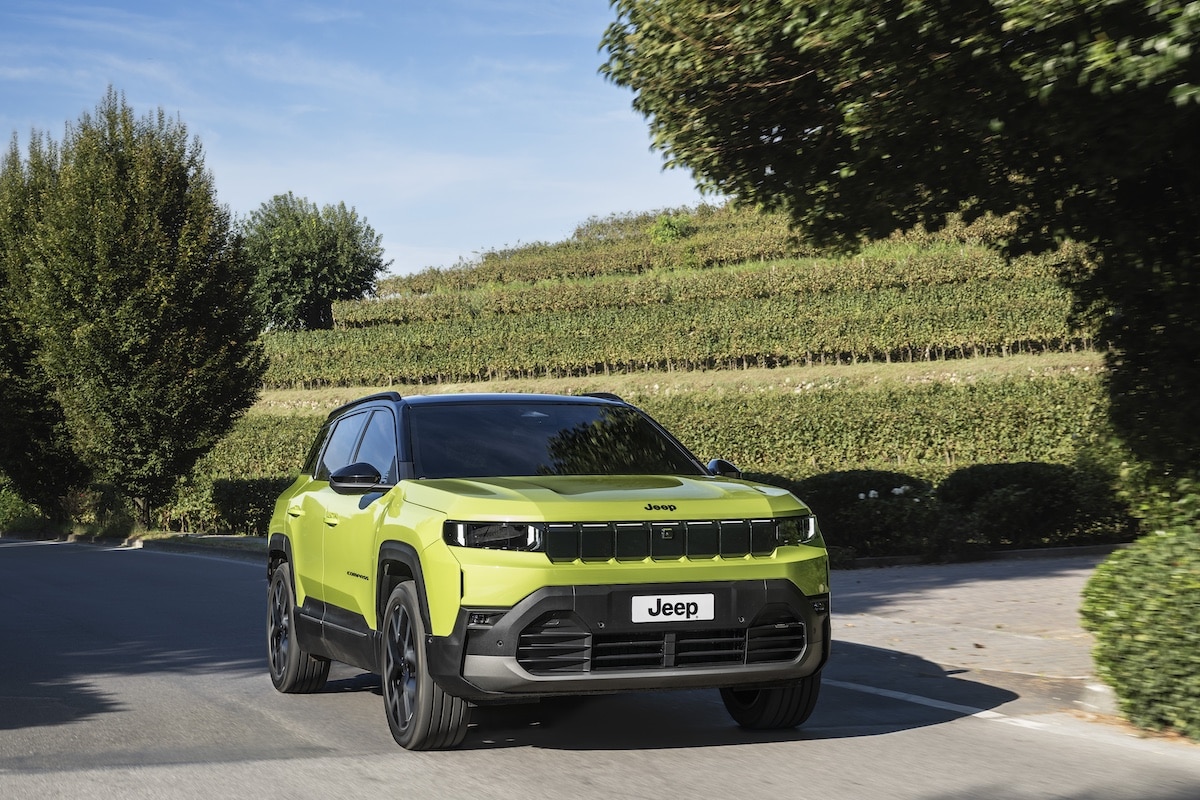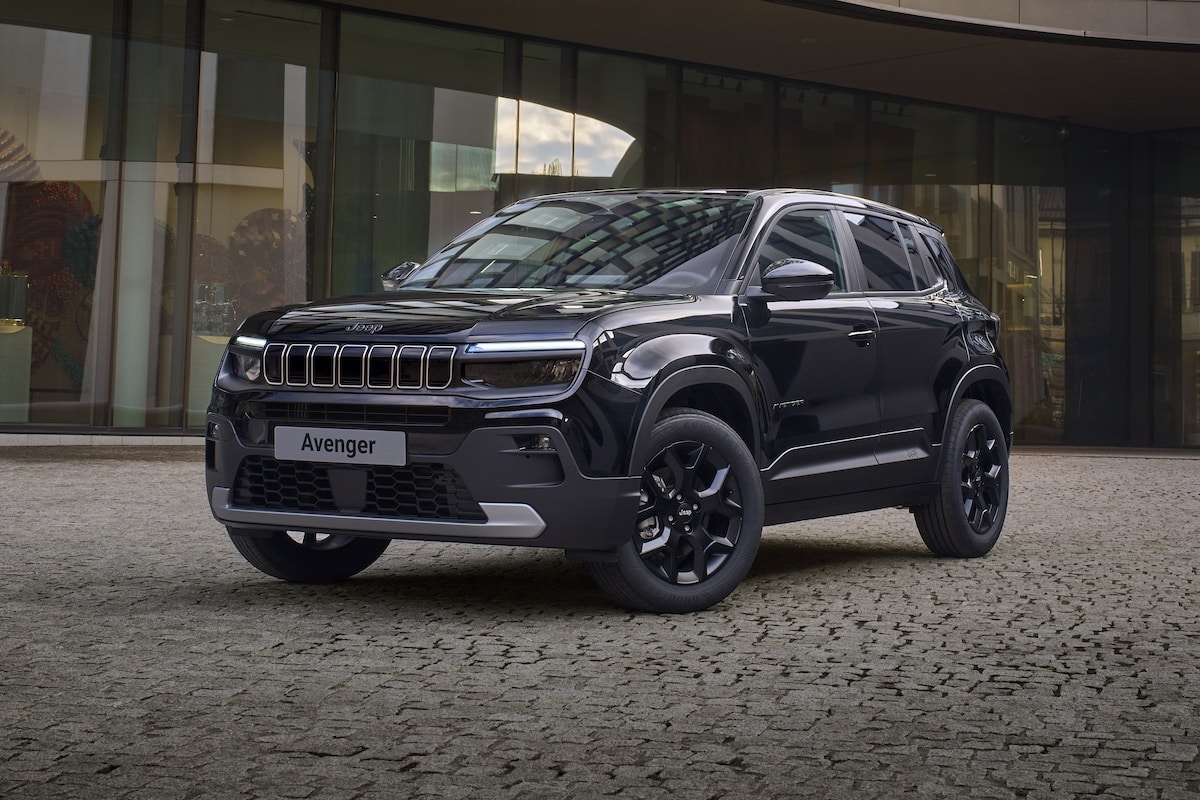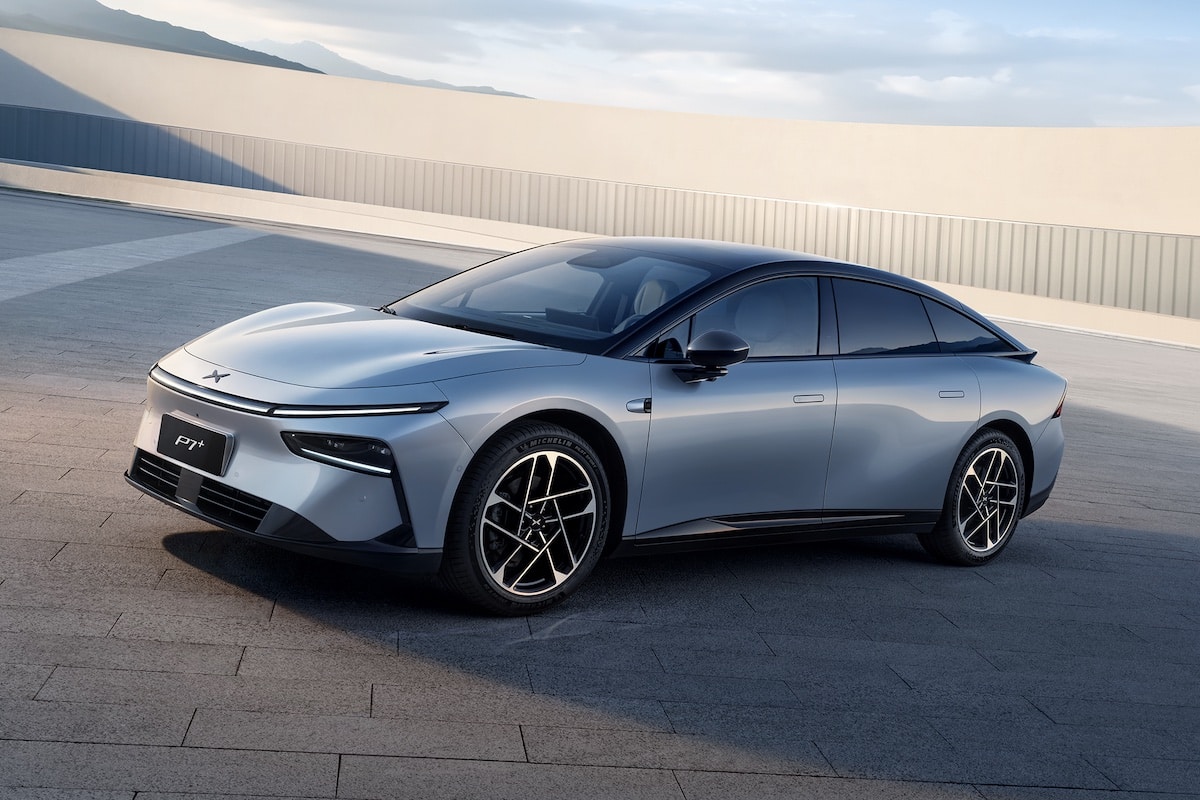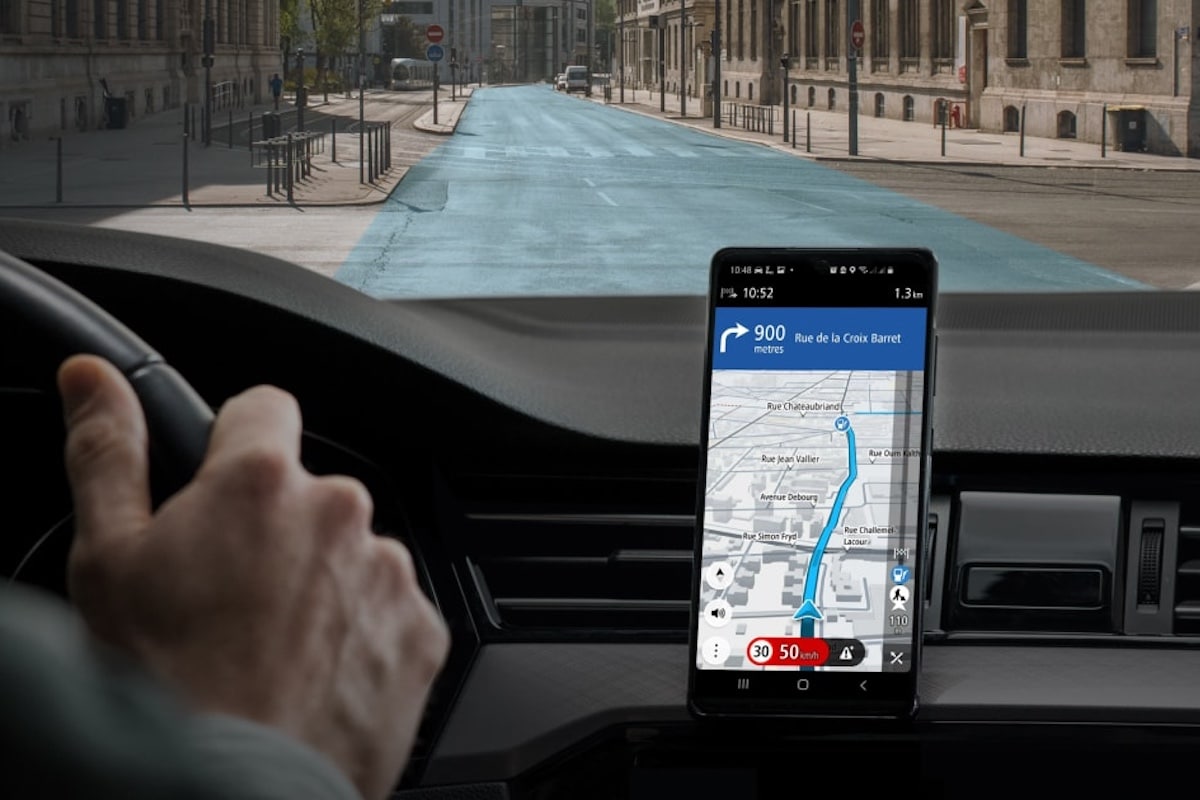Euro 7 Anti-Pollution Standards: Automotive Lobby ACEA Shows Discontent
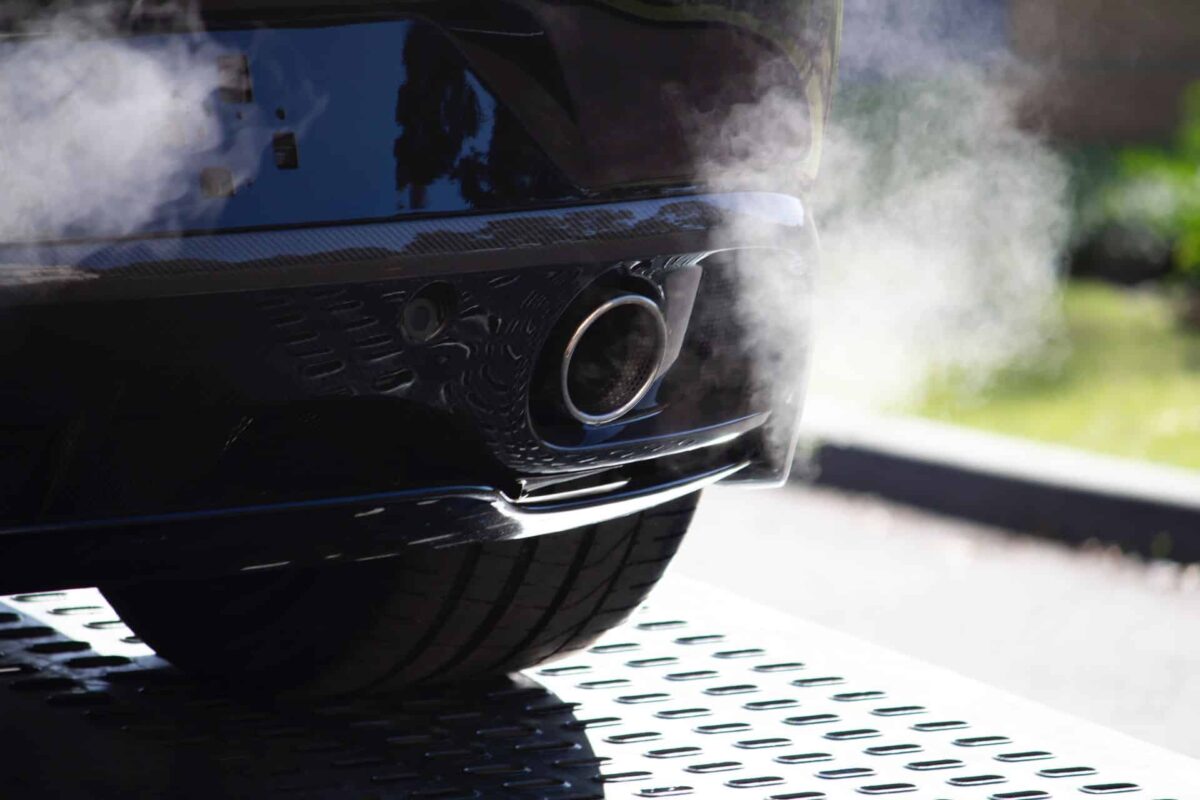
The ACEA lobby, representing 14 manufacturers in the automotive sector, has given its opinion on the European Union’s new anti-pollution standards.
The European Automobile Manufacturers Association (ACEA) published its arguments against the new European Euro 7 pollution standards proposal. The “Euro” standards have existed since 1992 and are preparing for their next step to further reduce levels of various pollutants, such as nitrogen oxides (NOx) or fine particles. However, the association contests this, deeming it unfeasible.
Automotive manufacturers, through ACEA, complain of a “lack of time to develop their new technologies.” They say that the implementation date of July 1, 2025, is premature. It does not give them enough time to test and develop their vehicles to meet the standards.
Furthermore, the lobby points out the failures of the current system. According to them, very polluting cars are still on European roads today. ACEA recommends prioritizing the replacement of these lower-standard vehicles (below Euro 6) with new cars.
This recommendation would benefit automobile manufacturers. Among them, Stellantis or Renault, whose CEO Luca de Meo is also the head of ACEA. Additionally, it would force “older” drivers to spend money to update their vehicles. Clever.
What are ACEA’s demands regarding the Euro 7 standard?
Overall, ACEA proposes eight adjustments to the new Euro 7 anti-pollution standards proposal:
- Provide at least three years between the announcement of the standards with all their details and their introduction in Europe
- Allow a one-year gap between the implementation of the standard for new vehicle types and the registration of these new vehicles
- Only consider the “statistically significant driving protocol,” that is, a driving protocol based on real-world conditions
- Implement less strict pollution standards for heavy vehicles compared to cars
- Limit the European Commission’s power to change conditions for meeting the Euro 7 standards
- Grant exemptions to automakers with low production of cars or heavy vehicles for anti-pollution standards
- Include pollution outside of exhaust emissions, such as brake disc dust, only after CO2 testing procedures
- Assign responsibility for addressing tire-related pollution issues to tire manufacturers
ACEA hopes to implement a policy beneficial to automakers. It claims that 13 million Europeans work in the automotive sector, representing 7% of all employment in Europe. Job blackmail?
Read also: Internal combustion cars: reality on the ground facing the 2035 ban
This page is translated from the original post "Normes anti-pollution Euro 7 : mécontentement du lobby automobile ACEA" in French.
We also suggestthese articles:
Also read
